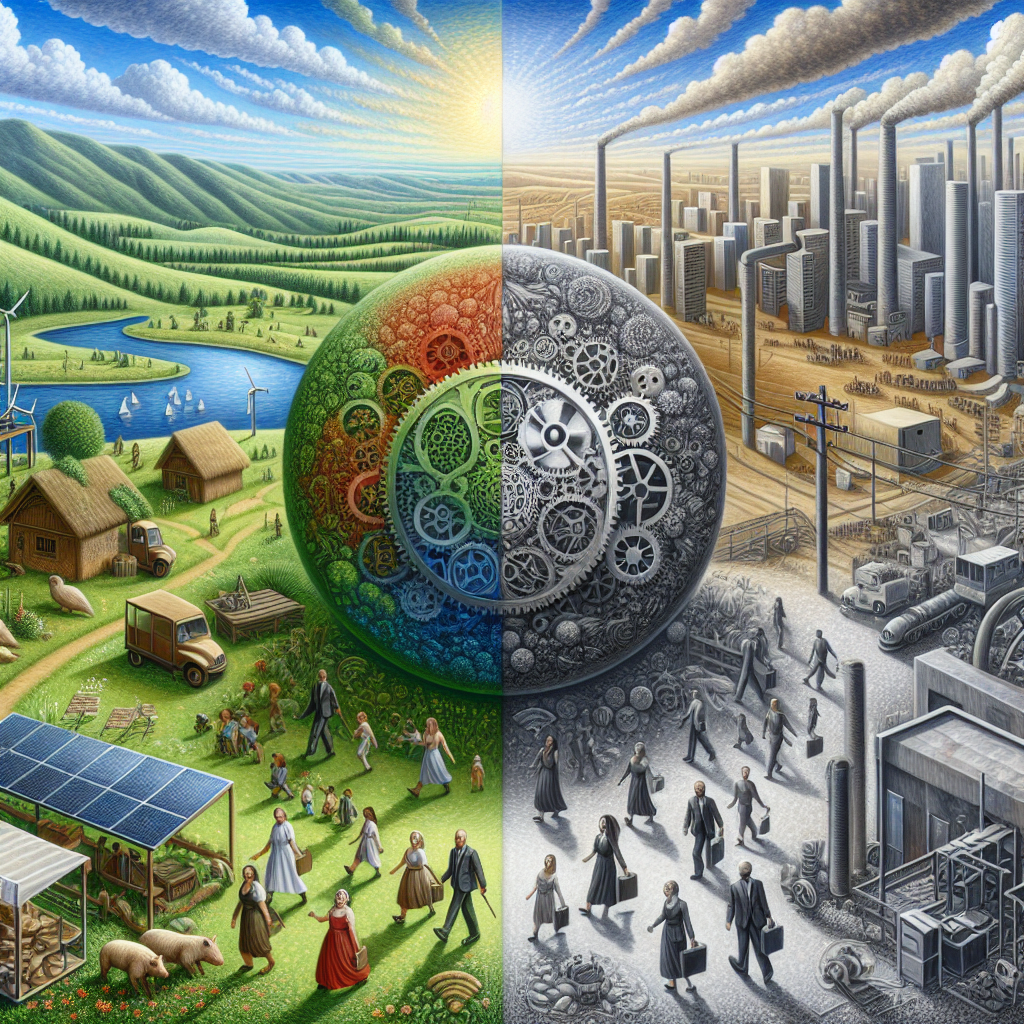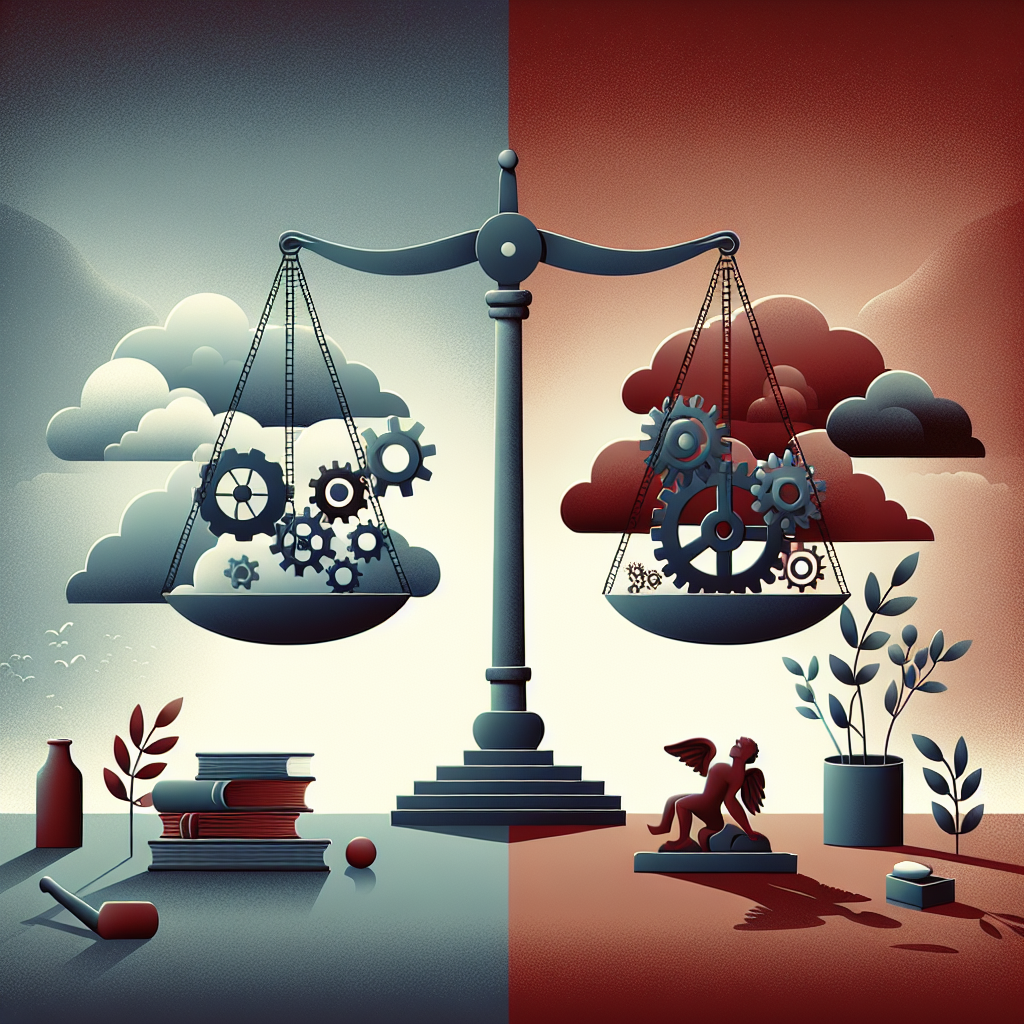Understanding Socialism: Myths vs. Reality
In recent years, socialism has been a hot topic of discussion across the globe. The term evokes varied emotions and interpretations, often sparking heated debates. For some, it represents a utopian ideal; for others, a threat to freedom and prosperity. In this blog post, we aim to demystify socialism by exploring its myths and realities, providing a balanced perspective that sheds light on what socialism truly entails.
What is Socialism?
Socialism, at its core, is an economic and political system where the means of production, such as factories and resources, are owned and controlled collectively or by the state. The primary goal of socialism is to reduce economic inequality by distributing wealth more equitably across society. Unlike capitalism, where private ownership and profit motives dominate, socialism emphasizes community welfare and social equity.

Myth 1: Socialism Equals Communism
One of the most common misconceptions is that socialism and communism are identical. While they share similarities, they are distinct ideologies. Communism, as theorized by Karl Marx, envisions a classless, stateless society where all property is communally owned. Socialism, on the other hand, allows for some degree of private ownership and typically operates within a democratic framework. Many countries, such as Sweden and Denmark, practice forms of socialism without adopting communism.
Myth 2: Socialism Leads to Economic Stagnation
Critics often argue that socialism stifles innovation and economic growth. However, this claim overlooks the success of various socialist policies in promoting social welfare and economic stability. Countries like Norway and Finland have implemented socialist principles, resulting in high standards of living, robust economies, and thriving innovation sectors. The key lies in finding a balance between market freedom and social responsibility.
Myth 3: Socialism Discourages Hard Work
Another prevalent myth is that socialism removes the incentive for individuals to work hard. The reality is that many socialist systems reward productivity and innovation, just like capitalist systems. By providing essential services such as healthcare and education, socialism can actually empower individuals to pursue their passions without the fear of financial ruin. This support can lead to a more motivated and productive workforce.
Reality: Socialism Promotes Social Welfare
One undeniable aspect of socialism is its focus on social welfare. By prioritizing universal access to healthcare, education, and other essential services, socialism aims to uplift the entire society. This approach reduces poverty and inequality, fostering a more harmonious and inclusive community. While challenges exist in implementing these policies, the potential benefits for societal well-being are significant.
Reality: Diverse Forms of Socialism Exist
Socialism is not a one-size-fits-all ideology. There are various forms, each tailored to the unique needs and values of different societies. Democratic socialism, for example, combines political democracy with social ownership, while market socialism incorporates market mechanisms within a socialist framework. Understanding these nuances helps dispel the myth that socialism is a monolithic system.
Conclusion
In conclusion, socialism is a complex and multifaceted ideology that cannot be reduced to simplistic myths. While it has its challenges, socialism also offers valuable insights into creating a more equitable and just society. By debunking common myths and recognizing the diverse realities of socialism, we can engage in more informed and constructive conversations about its role in our world today.
FAQs
What is the main difference between socialism and capitalism?
The main difference lies in ownership and control of resources. In capitalism, private individuals or corporations own and control resources, driven by profit motives. In socialism, resources are owned collectively or by the state, focusing on equitable distribution and social welfare.
Can socialism and capitalism coexist?
Yes, they can coexist in a mixed economy. Many countries incorporate elements of both systems to balance market efficiency with social welfare. These hybrid models aim to harness the strengths of each system while mitigating their weaknesses.
Is socialism viable in modern society?
Socialism remains viable in modern society, as demonstrated by various countries that successfully implement socialist policies. While challenges exist, the adaptability and potential benefits of socialism make it a relevant consideration for addressing contemporary social and economic issues.



Leave a Reply
You must be logged in to post a comment.